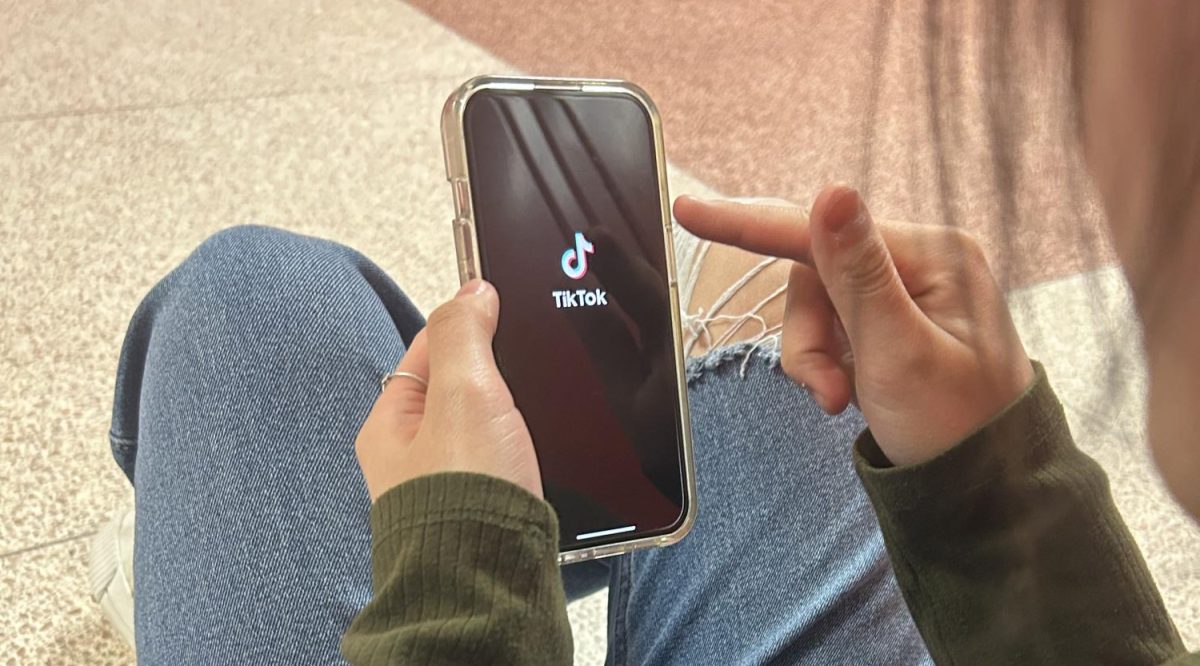For the last month, TikTok feeds have been flooded with panic over the “impending” Congress ban of the app. The House recently passed a bill that would ban TikTok in the United States unless its parent company, ByteDance, sells the app within six months. But the ban isn’t really about TikTok, or even about the claims that China is collecting and using data from Americans for nefarious purposes: it’s a surprisingly bipartisan effort to look tough on China. And by looking just a little deeper into the language of the bill, it’s clear that it’s an empty threat.
The ban isn’t just a TikTok ban — it’s a prohibition of “distributing, maintaining, or providing internet hosting services for a foreign adversary controlled application.” That means any app that’s owned by any company in a country that the U.S. declares an “adversary” can be banned. In fact, the foreign company doesn’t even need to own the app—they only need a 20% stake to incite the ban. It’s a clear overreach of power meant to stop foreign influence, rather than protect user data: after all, if the government wanted to protect users from companies that take personal data, they would be more critical of the U.S.-based companies like Meta. Because of that, it’s unlikely that it will ever get through the Senate.
The first and most crucial problem with the bill is the limitation on free speech. Millions of Americans use TikTok for entertainment, information, and running small businesses. The ACLU has slammed the bill, accusing it of violating the First Amendment. Additionally, the bill restricts companies like Apple from distributing the app, which is sure to face more backlash. While it offers an out—the “foreign adversary controlled application” can be sold within 180 days—the bill is still far too extreme to pass even intermediate scrutiny by a judge. There would need to be clear evidence that TikTok is a national security risk, and despite vague allusions, the government does not have a strong case.
The TikTok ban bill is an extreme solution to an ill-defined problem, more a show of toughness than an actually feasible way to protect American information. There’s no need to panic: as ByteDance continues negotiations to separate American data from the rest of their databases, and judges continue to denounce the constitutionality of the bill, TikTok is unlikely to disappear from our phones anytime soon.









